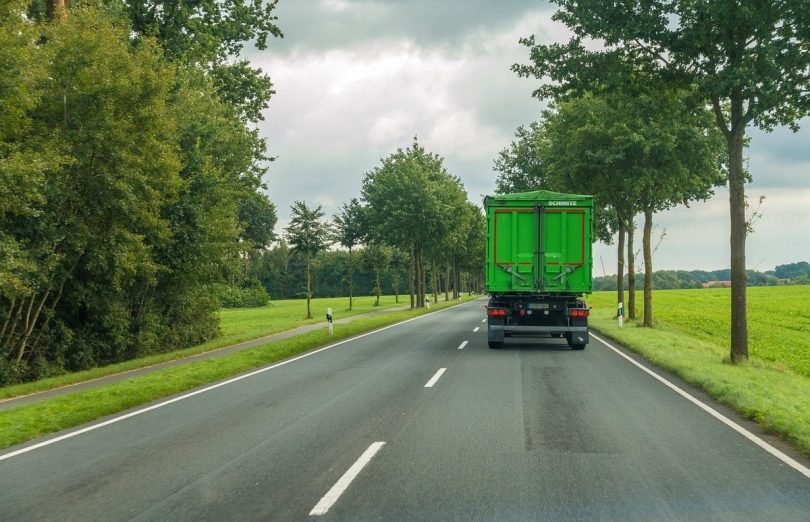[KLU] – Are logistics and supply chains ‘turning green’? A recent study by KLU’s new Center for Sustainable Logistics and Supply Chain (CSLS), carried out in partnership with The European Freight & Logistics Leaders’ Forum, shows: Despite Corona, the logistics decarbonization process in Europe is underway and getting integrated in companies’ strategic planning. Yet, many businesses are still at a relatively early stage in the process. The study helps to allay fears that the Covid-19 crisis would weaken or reverse companies’ logistics decarbonization efforts.
The report “Measuring Industry’s Temperature: An Environmental Progress Report on European Logistics” summarizes the results of a survey of over 90 senior executives involved in the management of European logistics systems, including case studies by Procter & Gamble, Stora Enso, Kuehne+Nagel, Vlantana, Tata Steel, Saint-Gobain Isover, Transporeon, Bertschi, and LKW Walter.
Already a third of companies with strategies and carbon reduction targets
Overall, the decarbonization process in Europe is well underway. More than half of the companies in this survey already have a sustainable logistics strategy in place or are implementing one. 30 percent of the companies consulted were considered to be ‘leaders’ in sustainable logistics. They already have relevant strategies in place or being implemented and have also set absolute carbon reduction targets for their logistics operations and are capable of measuring related CO2 emissions at a disaggregated level. At the other end of the scale, 15 percent of businesses do not currently measure their logistics emissions and a third have yet to set targets for reducing these emissions.
Coronavirus does not weaken companies’ efforts
Almost 70 percent of all respondents, and 87 percent in the ‘leading’ category, indicated that the recovery of their businesses from the pandemic would either have no impact or even a positive effect on their logistics decarbonization efforts. Prof. Alan McKinnon, one of the authors of the study, states: “The study clearly shows that so far, the Covid-19 crisis does not appear to weakening or reversing companies’ efforts to decarbonize their logistics.”
Close alignment between environmental and commercial objectives
In addition to that, 60 percent of respondents in the ‘leading’ category reckon that at least half of CO2-reducing measures will also cut costs. Participants named three measures as most cost-effective ways to decarbonize logistics: shifting freight from road to rail, improving vehicle utilization and switching transport operations from fossil fuel to renewable energy. Three-quarters of respondents assumed that digitalization will have a transformational impact on logistics over the next five years, with improvements to supply chain visibility, advances in transport management systems, innovations in vehicle routing and online logistics platforms likely to make the greatest IT contributions to logistics decarbonization over this period.
Responsibility for decarbonization
“On the whole, providers of logistics services appear to have a greater capability to measure and manage the decarbonization process than the users of these services”, says Prof. Moritz Petersen, Director of CSLS and co-author. Yet, companies could exert more environmental influence on the logistics process through their procurement procedures. Net zero logistics will require much greater sharing of logistics assets, though this is still being inhibited by a range of constraints. The managers surveyed identified competitive pressures, management culture, data privacy concerns and a lack of trust as the main barriers to greater supply chain collaboration.
The report concludes with a series of recommendations for the various stakeholders in the European logistics industry.
Download the full study “Measuring Industry’s Temperature: An Environmental Progress Report on European Logistics” by Prof. Alan McKinnon and Prof. Moritz Petersen, Center for Sustainable Logistics and Supply Chain (CSLS)
The study is a joint initiative of Kühne Logistics University and The European Freight and Logistics Leaders’ Forum (F&L).





